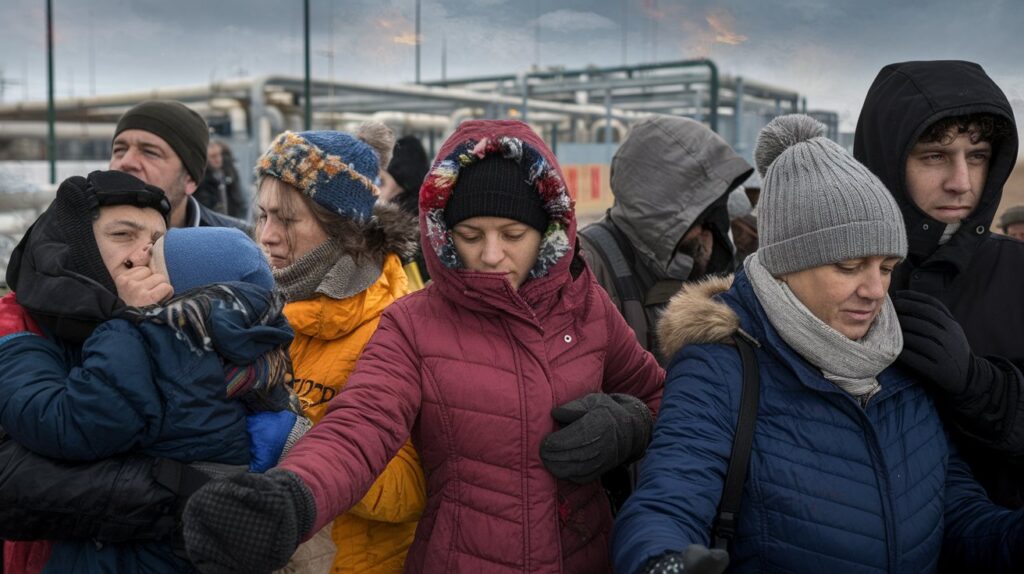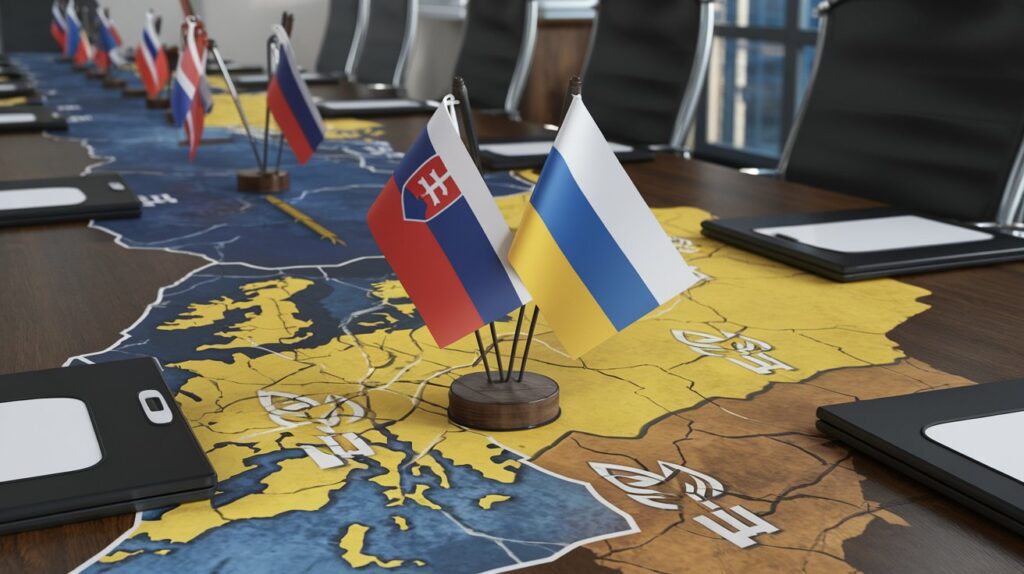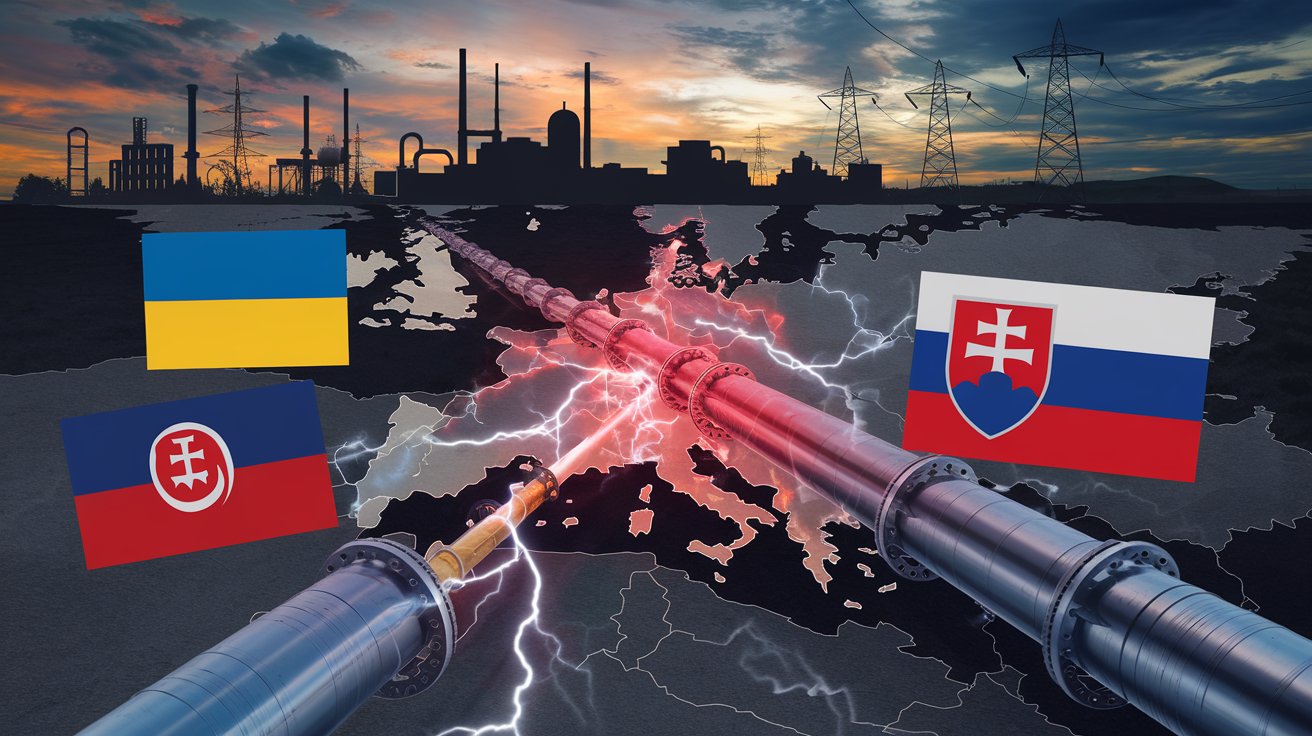Slovakia Threatens Ukraine: Slovakia’s Prime Minister, Robert Fico, has issued a stern warning to Ukraine, threatening to cut financial support for over 130,000 Ukrainian refugees residing in Slovakia. This development comes in response to Ukraine’s recent decision to shut down a longstanding pipeline that supplied Russian natural gas to Central Europe, a move Fico has labeled as “sabotage.”
On January 1st, Ukraine ceased operations of the pipeline that had, for decades, been a crucial conduit for Russian gas into Central Europe. Slovakia, previously serving as the main entry point for this supply, now faces a significant financial setback, with potential losses amounting to €500 million in transit fees from other countries.

(UsNewsSphere.com / nytimes)
In retaliation, Fico has proposed halting electricity exports to Ukraine and significantly reducing financial assistance to Ukrainian refugees in Slovakia. He emphasized that while Slovakia has secured alternative gas arrangements and does not face immediate shortages, the financial implications of Ukraine’s actions are substantial. Fico stated, “The only alternative for a sovereign Slovakia is renewal of transit or demanding compensation mechanisms that will replace the loss in public finances.”
This diplomatic friction is further complicated by Fico’s recent visit to Moscow, where he engaged in talks with Russian President Vladimir Putin. Ukrainian President Volodymyr Zelensky has accused Fico of aiding Russia’s efforts to “fund the war and weaken Ukraine,” asserting that Fico is aligning Slovakia with Russian interests to the detriment of Ukrainian sovereignty.

In light of Slovakia’s potential withdrawal of electricity exports, Poland has stepped forward, offering to support Ukraine’s energy needs. The European Commission has indicated that the EU was prepared for such disruptions, and most member states are equipped to manage the change. However, non-EU countries like Moldova are already experiencing energy shortages as a result of the pipeline shutdown.
This escalating dispute underscores the intricate web of energy dependencies and geopolitical alliances in Eastern Europe. As Ukraine continues to sever energy ties with Russia, neighboring countries are compelled to navigate the complex balance between supporting Ukrainian sovereignty and safeguarding their own national interests.
The situation remains fluid, with potential implications for regional energy security and the welfare of Ukrainian refugees in Slovakia. The international community will be closely monitoring the developments, as the outcomes could set significant precedents for energy politics and humanitarian considerations in the region.





